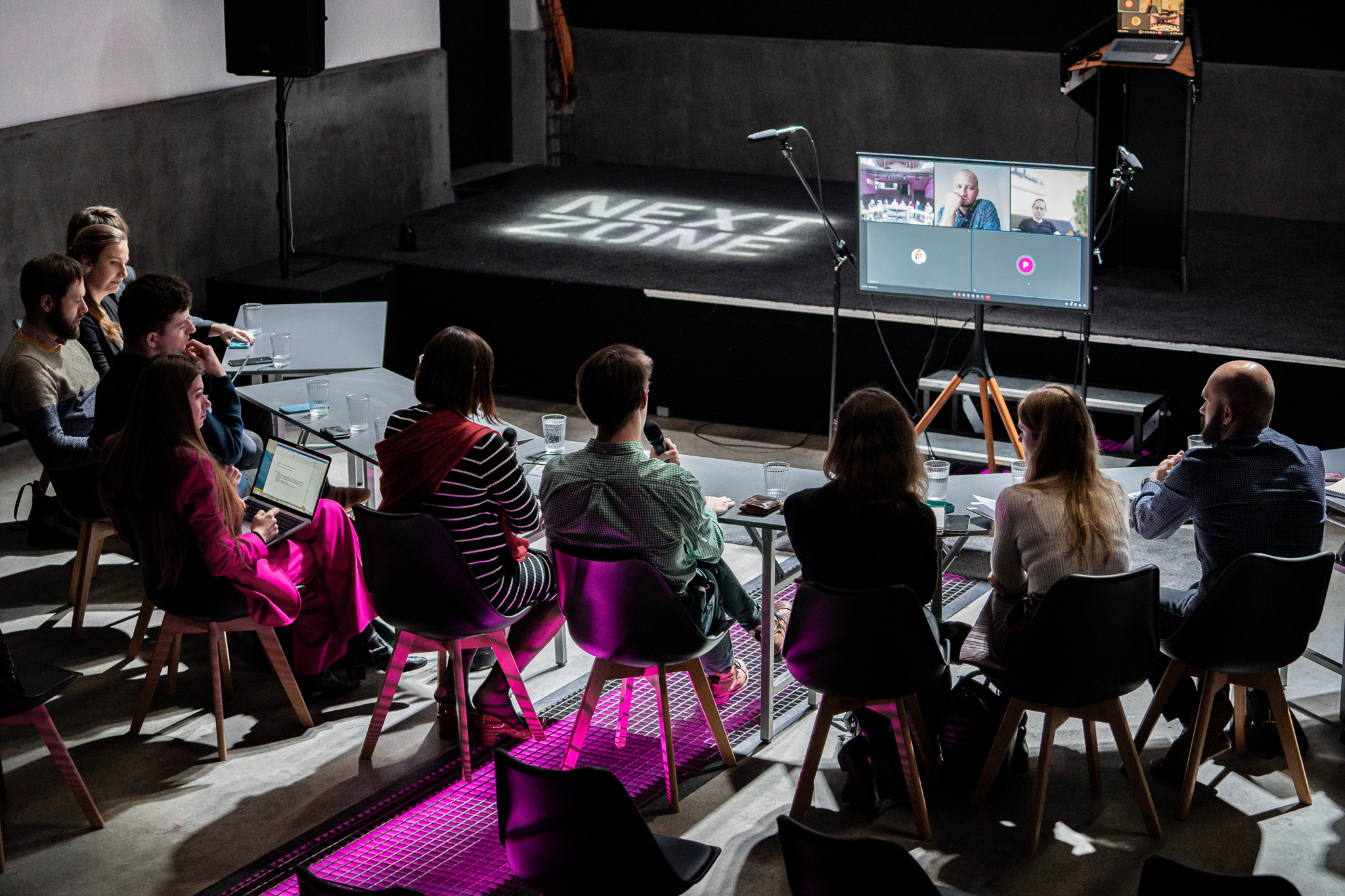On Wednesday, February 15, 2023, the new informal advisory body of the Minister of Science, Helena Langšádlová, consisting of young talented scientists, innovators, met for the first time. Assoc. Prof. Dr. Hynek Roubík was invited to join this Advisory board as well.
Among the selected scientists of the informal advisory body are personalities who have experience from prestigious world universities and have already contributed to important scientific discoveries across scientific fields or built successful companies at a young age. A number of them were placed in the Forbes 30 under 30 rankings or won the prestigious Neuron scientific awards.
The advisory group was created with the aim of bringing the insight of junior researchers into the Czech system of science, research, and innovation, with the fact that many of the participants offered very valuable insight into the system of operation of prestigious foreign research workplaces and start-ups.
Minister Helena Langšádlová is also the chairwoman of the Government Council for Research, Development and Innovation (RVVI), which is made up of career-senior scientists. With the creation of a new informal advisory body, it currently wants to offer space for discussion even to those younger in their career. "As part of my policy, I am of the opinion that it is extremely important to perceive the needs and ideas of junior scientists. If we don't want a brain drain to occur, we have to set the conditions for these young, gifted people so that they have somewhere to return and pass on their experience, even from prestigious world universities. That is why I have great respect for these exceptionally talented young people who are not indifferent to the Czech science system, and who want to contribute to the improvement of the Czech research and innovation environment," comments Helena Langšádlová.
The group will discuss in particular the three main priorities of Minister Langšádlová, which are: the development of human resources in science, research and innovation, the transfer of technology and knowledge, especially the creation of spin-offs and start-ups, and the support of excellence. Within these topics, the group offers insight into various foreign systems, but also an "insider" view of the Czech system from the position of more junior employees. In addition to these areas, however, we also leave the so-called "ring free" within the discussions, when we give space for thinking about science, research, and innovations, the so-called out-of-the-box. The group will meet regularly every month.
"I see the establishment of this advisory body and the first meeting very positively. A wide range of young experts across fields from basic research, through start-ups, to public administration right from the first topic - strengthening excellence - showed how useful it is to give space to young people in the search for solutions," adds Jan Lukačevič, space engineer and member of the advisory body.
A number of recommendations emerged from the first meeting, which the minister's office will now deal with. A large part of the discussion was about the openness of Czech science, both in terms of the motivation of Czech researchers to gain foreign experience and the system's ability to attract foreign talent. The group recommends motivating trips to foreign internships already as part of bachelor's and master's studies. Furthermore, he sees the lack of teaching in the English language or the incompatibility of foreign degrees with the Czech system as a problem hindering the internationalisation of Czech science, which, among other things, appears to be an obstacle for Czech scientists who want to return home from abroad. The whole situation is not helped either by inflexible nostrifications - i.e. the recognition of foreign higher education as equivalent to higher education obtained in the Czech Republic. Even the recognition of degrees from a university like Cambridge is not a matter of certainty in the Czech system. The process is often long and bureaucratically demanding. The group also raised the issue of insufficient administrative support in filling out project applications.
The members unanimously came to the conclusion that a scientist is not equal to a professional bureaucrat. Therefore, we need a high-quality administrative background that will help scientists manage the administrative burden of projects.
“I am happy to be part of this Advisory board. As I see that Czech science has a lot of potential. Therefore, I am quite excited to be part of this group of young experts and fresh ideas and recommendations.” Hynek Roubík.
The second meeting of the informal advisory body will take place in the second half of March and will mainly deal with the issue of people in science and research.
The members of the advisory group are:
Lenka Slavíková, Stanislav Fořt, Jan Lukačevič, Filip Široký, Denis Dudáš, Markéta Klíčová, Zuzana Musilová, Lucie Kalousová, Matěj Bajgar, Lukáš Kolek, Karel Zheng, Kateřina Kovaříková, Jan Čečrdle and our Group leader from Biogas Research Team Hynek Roubík.
Further links to read (in Czech):
Kosmický inženýr, vědci z matfyzu i Oxfordu. Mladí odborníci budou ministryni pro vědu radit s inovacemi (czechcrunch)


